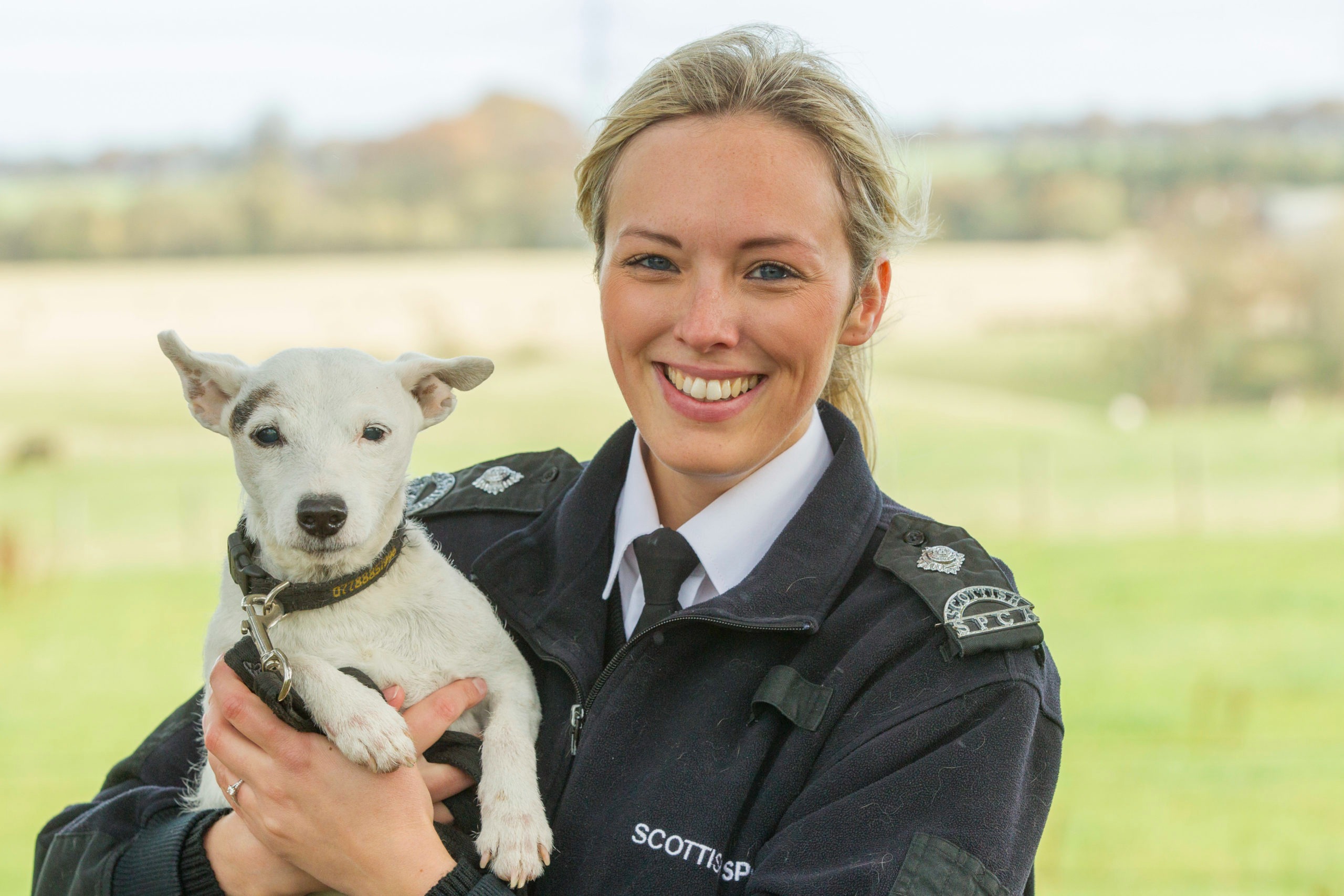The Wildlife Management and Muirburn (Scotland) Bill marks a significant step forward in regulating and conserving Scotland’s natural habitats and wildlife.
The introduction of a licensing scheme for land where grouse shooting occurs addresses longstanding concerns about the sustainability and ethics of this practice.
One of the bill’s key provisions is the requirement for licenses all year round for muirburn, a controlled burning technique used to manage vegetation. This measure aims to prevent indiscriminate habitat destruction and protect vulnerable species that rely on these ecosystems.

The ban on using snares and glue traps and regulations on other trapping methods reflect a commitment to humane and ethical wildlife management practices. These traps have long been criticized for causing unnecessary suffering to animals and posing risks to non-target species.
Including provisions granting investigative powers to individuals such as Scottish SPCA inspectors is a significant development in the fight against wildlife crime.
The bill strengthens enforcement efforts by empowering authorities to investigate and prosecute offenders. It also sends a clear message that such activities will not be tolerated.

Despite the positive reception from wildlife campaigners and conservationists, some groups representing landowners have voiced concerns about the potential impact of the new law on the rural economy. They argue that excessive regulation could hinder traditional land management practices and jeopardize livelihoods.
Striking a balance between conservation objectives and the needs of rural communities is essential. The bill’s provisions are designed to promote sustainable land management practices that benefit wildlife and people, ensuring the long-term health and prosperity of Scotland’s natural environment.
The Wildlife Management and Muirburn (Scotland) Bill represents a significant milestone in the ongoing efforts to protect and preserve Scotland’s rich biodiversity.
By enacting robust regulations and empowering enforcement agencies, Scotland is leading the way in promoting responsible wildlife management and conservation.

